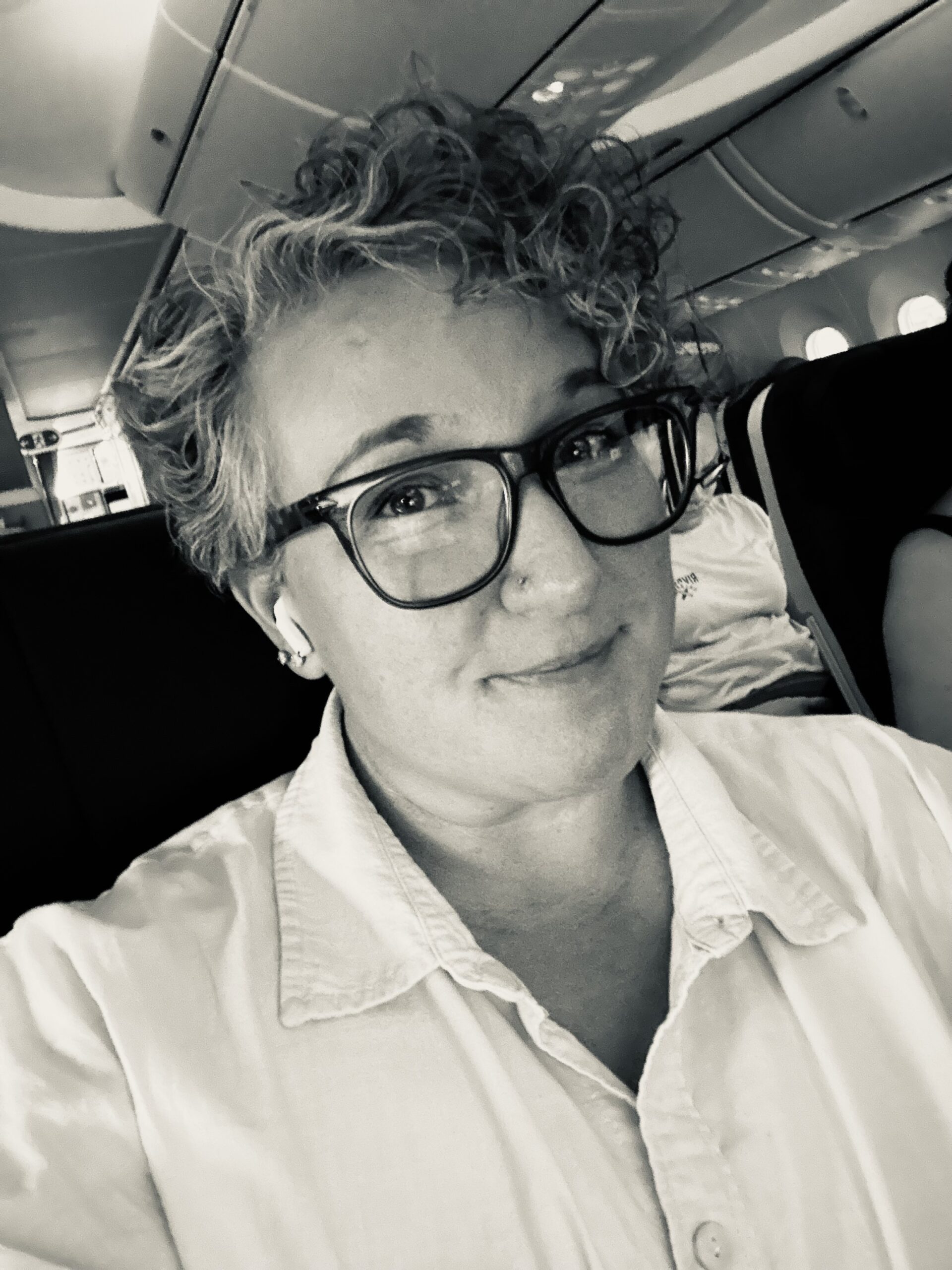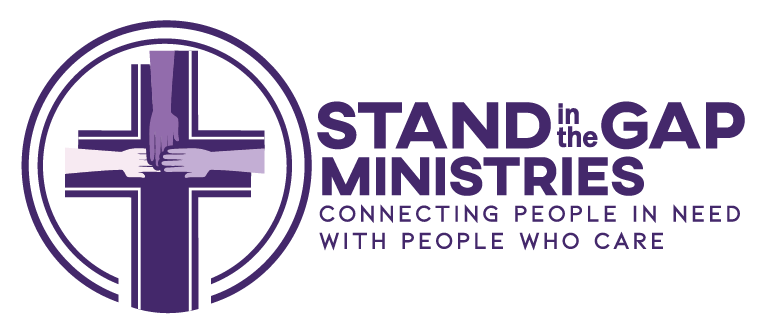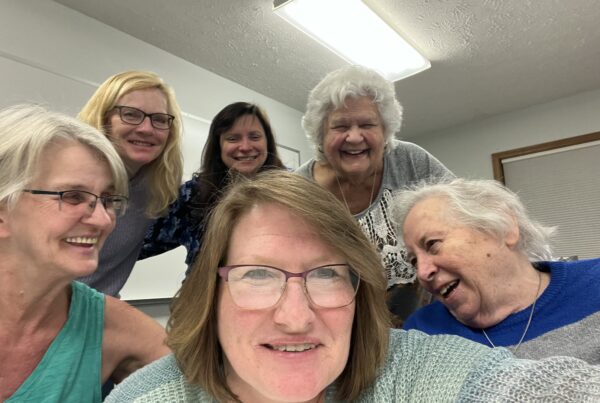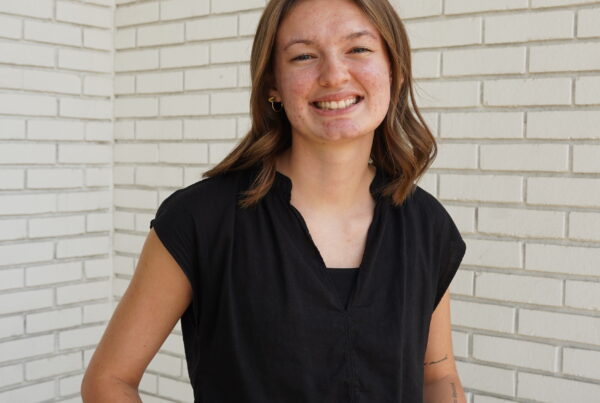Vulnerability: what is it and why is it not often found in your arsenal?
Vulnerability is often considered a weakness. For example showing raw and real emotions in various situations can cause people to view you as a weak or emotionally unstable person. However that is not the case. Vulnerability is not a weakness. Vulnerability is the core of emotions and feelings. Failing to be vulnerable shuts down our ability to experience emotions. Vulnerability is taking a risk and showing emotions or providing an honest expression of emotions despite fears. So that definition lines out how important vulnerability is to the core of every person. If we know this and understand the importance of being vulnerable, why is it still difficult to show it to those around us, especially those closest to us? More importantly, why do we feel like we should avoid the topic of grief and widowhood as a society?
Do we hide or stuff down our true emotions because we know those around us do not know how to respond? Do we feel they may not truly understand? Do we hesitate because we think they may try to “fix” the unfixable problem? Or do we just not want to be the emotional downer in the conversation? Even if you have had a recent conversation with someone who is grieving, their loss probably would not come up in that conversation. But, why? Why do we shy away from sharing our grief journey? Or better yet, why do we shy away from shouting from the rooftops of how God has redeemed even the darkest corners of our hearts? I want to challenge myself and you to stop holding back. Start talking about the “topic that must not be named”. Make it normal, it is not “fight club” so it is ok to talk about it. No matter your age or stage in life, grief is a topic that we can and should be talking about. There are no steadfast rules on grief, so why do we place rules on ourselves as we process our grief?
How do we as grievers start making this topic more normal? How can we do better at being vulnerable with those who are in our community? From my experience I would say the following are good first steps:
- Be ok with not being ok.
- Be open with your circle and tell them when you aren’t ok.
- Ask if it is ok for you to just sit with no requirements to talk.
- Talk about your person, what you miss and what you loved and still love about them.
How do you as a family member or friend of a griever, especially a widow, help to make this topic more normal? Be ok with their pain, it will be uncomfortable but again they really just need you to be present. Keep reaching out. In the early days it is easy to remember to check in, but it is often when it gets quiet that the loss gets real. If you feel that nudge to reach out, do it! Remember, you cannot fix their pain, nor can you help them process their grief quickly or help them “get over it”. Keep in mind that no matter how hard you try you cannot make them “forget” about their loss. Try not to ask the open ended question “How are you?” It is often difficult to answer such a broad question because there are so many complex emotions in grief that the answer is never easy. Instead try asking questions that are a little more specific. Try asking “How was your day today?” or “How did XYZ make you feel?” or something like that. If you narrow it down to a day, a scenario, or something more specific it is easier for a griever, especially to answer and be more honest. More than anything, do not shy away from talking to a griever or a widow. Treat them normally, converse with them, continue to show them love, and pray for them. Make the situation comfortable so they can be ok with being vulnerable. If they hesitate, lead with vulnerability. Basically, they just want you to talk to them and be there for them especially when they are ready to talk!
In Matthew 11:28-30 (NIV) it reads, “Come to me, all you who are weary and burdened, and I will give you rest.Take my yoke upon you and learn from me, for I am gentle and humble in heart, and you will find rest for your souls. For my yoke is easy and my burden is light.”
As a widow, remember you have to open up, be honest, and be vulnerable. God is always waiting for you to express your emotions to Him. Additionally, the people in your circle, or community are as well. They want you to be honest and be vulnerable with what you need and how they can help. When walking through deep loss and grief, especially after the loss of a spouse it is easy to cling to what you can control and display strength so as not to appear weak or vulnerable. This is when we need to give our burden, our grief, our needs as a widow over to our Heavenly Father. His yoke is easy and His burden is light. Give it over to Him. Be vulnerable, it is not a weakness!
Who are people in your life that are safe and you can practice being more vulnerable with daily? I want to challenge you to start doing this and see how your Heavenly Father meets your needs!

Samantha Stewart
Samantha Stewart values her unique sense of humor and vulnerability in her role. She finds value in helping widows and other women connect with others in their communities through laughter and deep love for God. Her desire is to remind everyone that they have a purpose and that they can create a ripple effect of encouragement and support throughout our communities.



